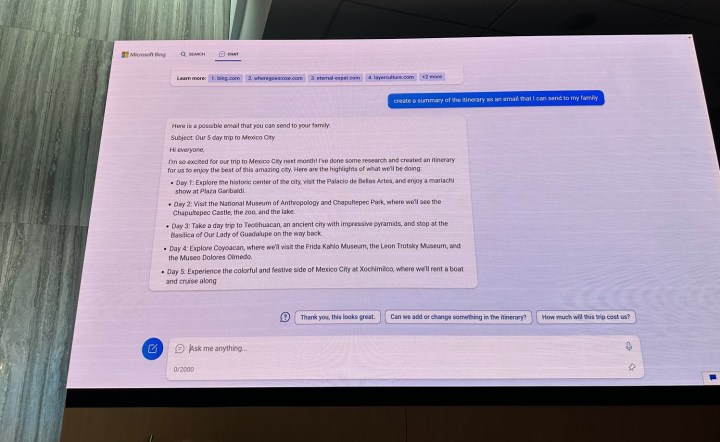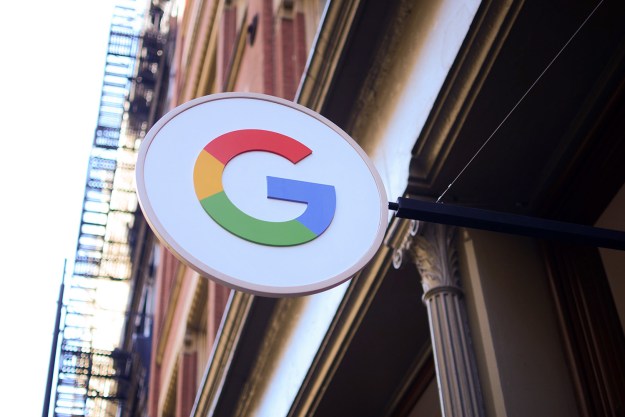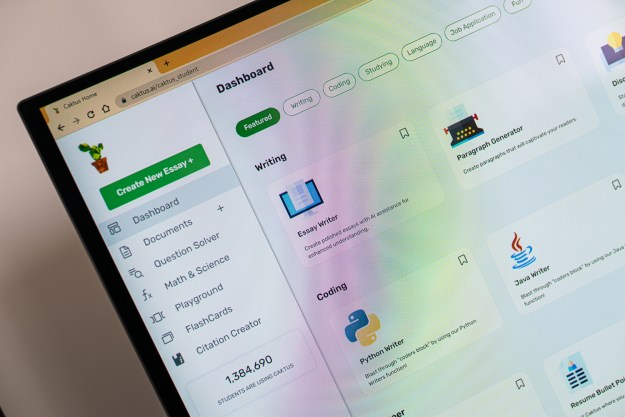Google Bard is a new chatbot tool launched in the wake of competitor artificial intelligence (AI) like ChatGPT. It’s designed to simulate conversations with a human and uses a combination of natural language processing and machine learning, to provide realistic, and helpful responses to questions you might ask it. Such tools may become particularly useful for smaller companies who want to offer natural language support to their customers without hiring large teams of support staff, or for augmenting Google’s own search tools.
Bard can be integrated into websites, messages platforms, applications on desktop and mobile, and a range of digital systems. At least it will be. It’s not readily available outside of a limited beta test run; at least for now.
What is Google Bard?

Google Bard is Google’s answer to ChatGPT. It’s an AI chatbot with many of the same functions, though is designed to eventually augment Google’s own search tools (much the way Bing is now using ChatGPT) as well as provide automated support and human-like interaction for businesses.
It has been under development for some years and uses LaMDA (Language Model for Dialogue Applications) technology. It’s built on top of Google’s Transformer neural network architecture, which was also the basis for other AI generative tools, like ChatGPT’s GPT-3 language model.
What question did Google Bard get wrong?
Showcased for the first time on February 6, 2023, Google Bard was off to a rocky start, as in its preview demonstration, Google Bard made a mistake in answering a question about the James Webb Space Telecsope’s recent discoveries. It claimed that it had been the first to take a picture of an exoplanet outside of our solar system, but in fact, that happened many years earlier. That Google Bard displayed this erroneous information with such confidence caused heavy criticism of the tool, drawing comparisons with some of ChatGPT’s weaknesses. Google’s stock price fell several points in response.
How do I use Google Bard?
At the time of writing, Google Bard is only available to limited beta testers, but Google is expected to roll out a wider launch in the coming weeks and months. CEO Sundar Pichai initially accelerated the development of Google Bard in early 2022 following signs of ChatGPT’s successful development. That is only likely to have continued apace with the continued positive press coverage ChatGPT has received in 2023.
If you aren’t part of the coveted group of Bard beta testers for now, you’ll just have to play the waiting game until we hear more from Google.
Google Bard vs. ChatGPT

Both Google Bard and ChatGPT use natural language models and machine learning to create their chatbots, but each has a different set of features. At the time of writing, ChatGPT is entirely based on data that was mostly collected up until 2021, whereas Google Bard has the potential to use up-to-date information for its responses. ChatGPT has a major focus on conversational questions and answers, but it is now used in Bing’s search results, too, to answer more conversational searches. Google Bard will be used in the same way, but to augment Google exclusively.
Both chatbots are based on slightly different language models. Google Bard uses LaMBDA, while ChatGPT is built on GPT (Generative Pre-trained Transformer). ChatGPT also includes a plagiarism detector, which Google Bard currently does not, as far as we know.
ChatGPT is also readily available to try out if you want, whereas Google Bard is limited to beta testers only.
When will Google Bard be available?
Google Bard is already available in a limited guise to a select group of Google beta testers. There has been no hard timeline given for its wider rollout. However, in his address on the launch of Google Bard, Google SEO Sundar Pichai claimed that we would soon see Google Bard leveraged to enhance Google Search, so we may see Bard more readily available in the coming weeks.
Editors' Recommendations
- ChatGPT: how to use the viral AI chatbot that everyone’s talking about
- GPT-4: all the rumors about the next version of ChatGPT
- Discord is taking ChatGPT out of your browser and into your server
- Grammarly’s new ChatGPT-like AI generator can do a lot more than proofread your writing
- DuckDuckGo is taking on ChatGPT without busting your privacy





